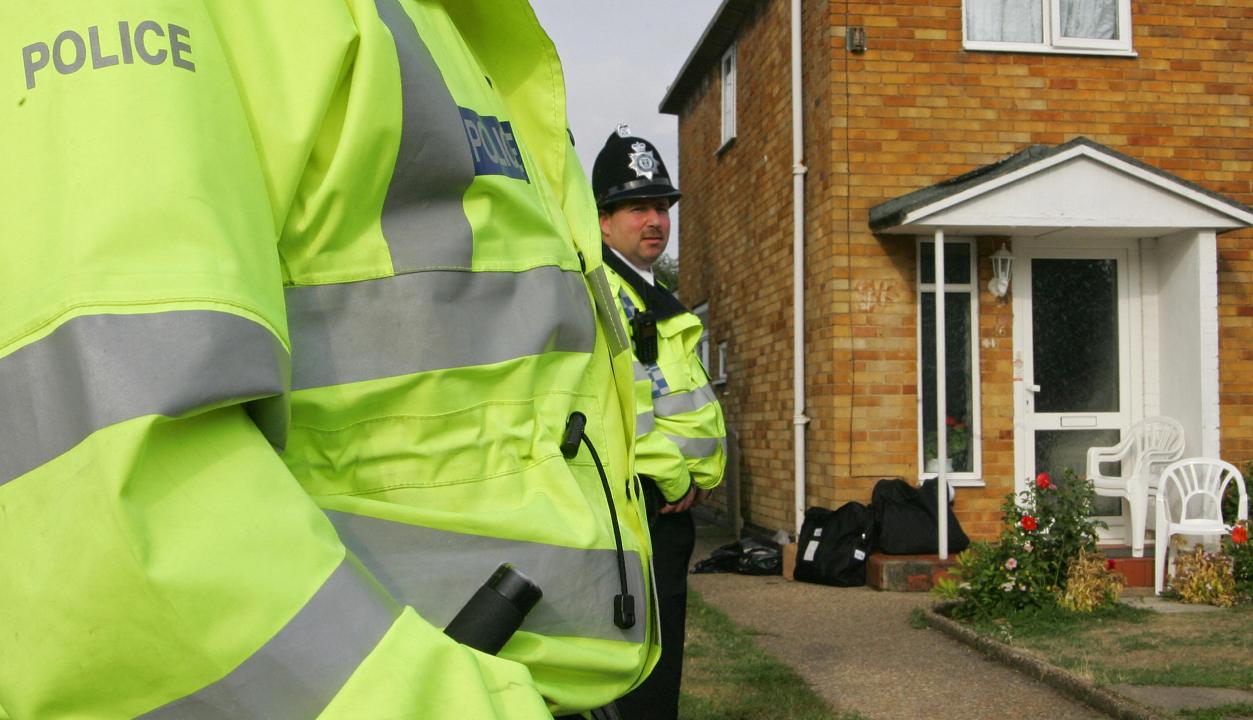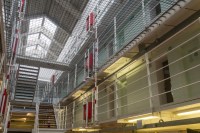Another day, another sign of the British state’s acceptance of criminality. This time it’s the news that almost half of people caught in possession of Class A drugs avoid criminal sanction, with the police either issuing a ‘community resolution’, which does not create a criminal record, or avoid any action at all ‘in the public interest’. This represents a dramatic change since 2016, when only 7.5 per cent of those caught in possession of hard drugs avoided prosecution. Why has this happened? And what does it mean for the drugs trade in Britain?
In some cases, those avoiding prosecution will be asked to participate in ‘diversion schemes’, described by the College of Policing as ‘discretionary interventions… which aim to reduce subsequent offending by diverting individuals away from traditional criminal justice processes’. There’s not currently any consensus on whether these really work, or actually reduce crime.
The College of Policing is currently leading a large-scale, Cabinet Office-funded study alongside a number of universities and police forces to evaluate the effectiveness of these diversion schemes. The College explained to me that this study is not expected to conclude and be published until 2026. Given there’s not yet good evidence for whether these alternatives to prosecution actually work, why are police forces pursuing them?
According to the College of Policing, the National Police Chiefs’ Council (NPCC), which recently celebrated ‘10 years of shaping UK policing’, are responsible for providing operational advice and instructions to police forces. When I asked the NPCC to comment, they initially told me it was the College of Policing’s responsibility, before acknowledging that they might have issued advice to police forces, which they would have to check. Unfortunately, they did not provide any further details in time for this article.
This wouldn’t be the first time the NPCC have innovated policy which seems to be against the letter and intent of law. Last year it was reported that the NPCC had implemented a national policy under which trans officers would strip search prisoners who matched their claimed gender, not their sex. That meant that biological men were strip searching vulnerable women, an action which the Police and Criminal Evidence Act explicitly does not allow, saying that ‘a constable may not carry out an intimate search of a person of the opposite sex’. Despite this very clear primary legislation, the NPCC felt they had the authority to change the rules, something which we now know to absolutely be unlawful, thanks to the Supreme Court’s ruling in April that in law sex means biological sex. Has something similar happened here? As the College of Policing said to me: ‘Class A drugs are the most harmful category and being found in possession of them is a criminal offence’. And yet police forces are apparently choosing not to apply the law enacted by parliament.
There are good arguments for trying not to criminalise people, particularly under-18s, found in possession of small amounts of drugs. A criminal record for drugs can mar a whole life, with a single youthful mistake preventing someone from working in many professions, travelling to many countries or even studying certain courses. Perhaps we should be developing other approaches to divert people away from crime, and perhaps the law on drug possession needs to be changed.
The government needs to rein in these wayward bodies
However, my fear with this kind of ‘backdoor decriminalisation’ is that it does nothing to harm or limit the power of organised crime. If we allow small-scale possession of drugs, as police forces around the country appear to be doing for Class As, and as Sadiq Khan has proposed for cannabis in London, then organised crime will continue to profit, which will lead to more gang violence, more people smuggling and more harm.
It is not for the NPCC, nor individual police forces, to make these decisions. If, as a country, informed by proper data, we decide to change how drugs are policed and criminalised then that should be a matter of public debate and legislation in parliament. As with the Sentencing Council earlier this year, the government needs to rein in these wayward bodies who seek to write their own law, in secret and without democratic accountability.








Comments